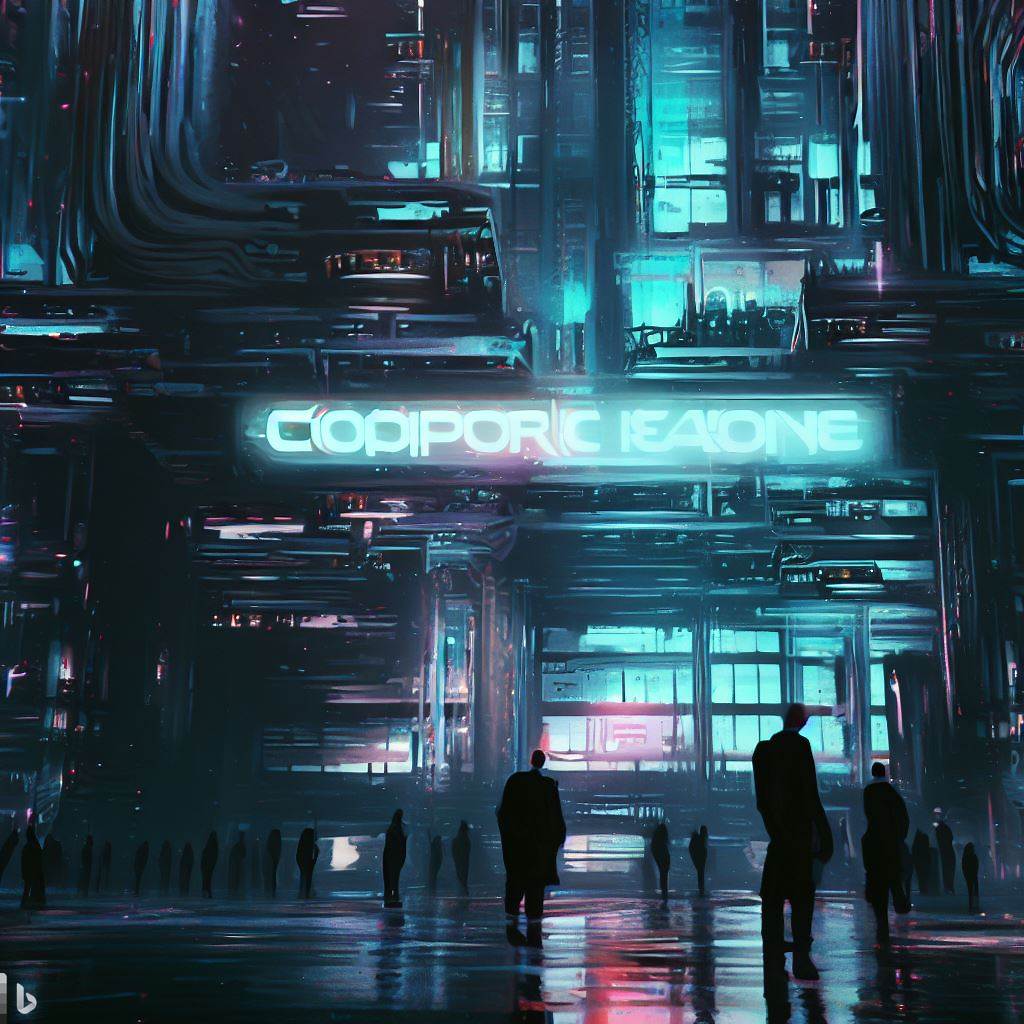Introduction
The twenty-first century is the first time in human history where all the nations in the world united globally, under the supervision of the United Nations Federation (U.N.F.), toward a common goal--explore space and beyond.
With the increase in human population, advancement in telecommunication technology, and development in transportation convenience, humans are no longer content with the confinement of Earth. Soon after the discover of a space travel technique, the Dimensional Door, humans attempt to explore and colonize nearby terrestrial (earthlike, consist chiefly of iron and rock) planets and satellite bodies (moons). These planets include Mercury, Venus, and Mars.
For the first time, under the rule of the United Nations Federation, Earth was in peace. The next 50 years, space explorations and colonizations continued. But Earth's tranquility was short lived. At the beginning of the twenty-second century, the colonies on Mars revolted against the United Nations (see the Future Mars supplement). This conflict brought on a chain-reaction causing several revolutions from other colonies. To this date, U.N.F. is still in a few of these entanglements.
Neo-Metropolis
The size of human population in the twenty-second century has grown to many times the size of today's human population. The metropolis is no longer big enough nor efficient enough to support a population of this size. High crime activities cause various parts of these cities to become deserted and forgotten.

Soon, new cities are built and old cities are renovated. These cities are dense and cover greater area to support the larger population. And these new cities interact with large computer systems, which schedule periodic maintenance and control many day-to-day operations. These new type of cities are called Neo-Metropolis.
Money
With the rise of Neo-Metropolises and the centralized computer network systems, citizens no longer use nor carry physical currency. Instead, currency is recorded in central computer servers that automate all transactions. An individual uses MoneyCard to make transactions. The MoneyCard accesses the individual's currency account directly. The MoneyCard will not allow an individual to borrow on credit. Instead, an individual can utilize a CreditCard, which has a credit limit for each individual, to borrow on credit.
Life Style

Civilization no longer live in starvation. Unemployed citizens no longer live on the streets. The central computer in each neo-metropolis automatically assign a small studio, and the bare-essentials to every human being, whether rich or poor. Every citizen, without paying a fee, has 1) a small studio, 2) water, 3) nutritious, but tasteless, synthetic food, 4) basic clothing.
Each individual citizen may pay for additional luxury items. Luxury items may include fashionable clothing, tasty food, television, phone service, etc. And to pay for these things, a typical citizen has to earn a wage.
Government
Attitudes among the race have changed dramatically. It is no longer "Ask not what your country can do for you--ask what you can do for your country," but rather the other way around. Government exists solely for the purpose of delegating task and improving human lives. The use of computer systems to monitor citizen activies are strictly forbidden. Although this rule keeps the government from controlling too much power, it hinders lawful investigations.
Corporations
Corporations play even larger part in 22nd century politics then ever before. Through the years, humans have grown to depend on technology. Since the government has a hands-off policy in the marketplace, humans have grown to depend on the corporations to provide the technology that they crave.

Competitions among the corporations are high. The installation of computer networks has allowed commercial espionage to take place frequently. Although the police now has a computer security enforcement division, the ratio of arrests are low due to difficult in acquiring physical evidence in the virtual computer world. Some times, the corporations even take matters into their own hands. Due to political pressure, law-enforcement agencies may even keep their eyes half-open in those cases.


